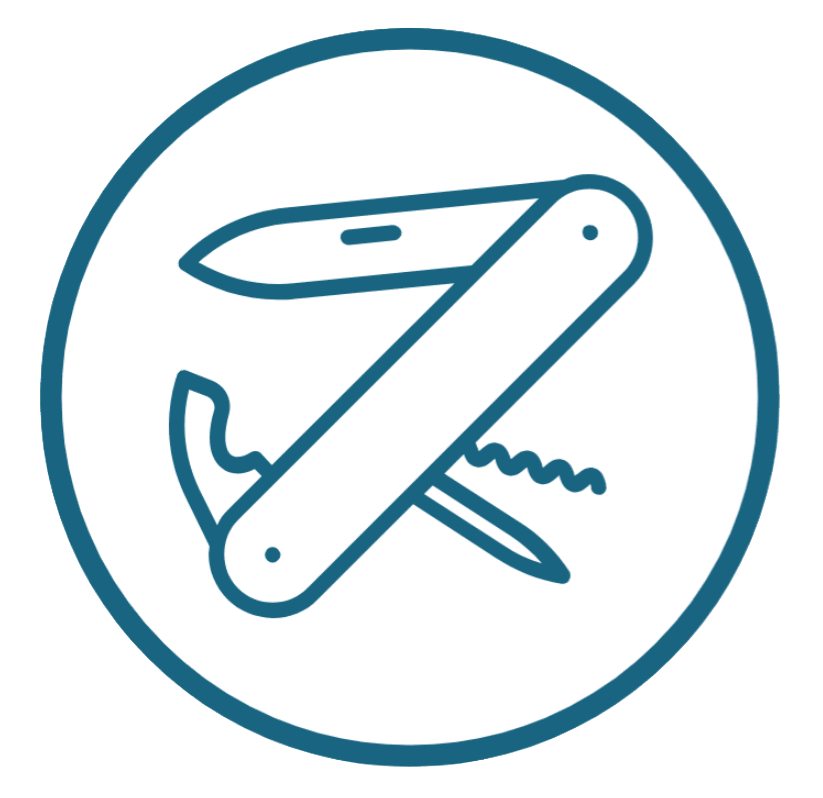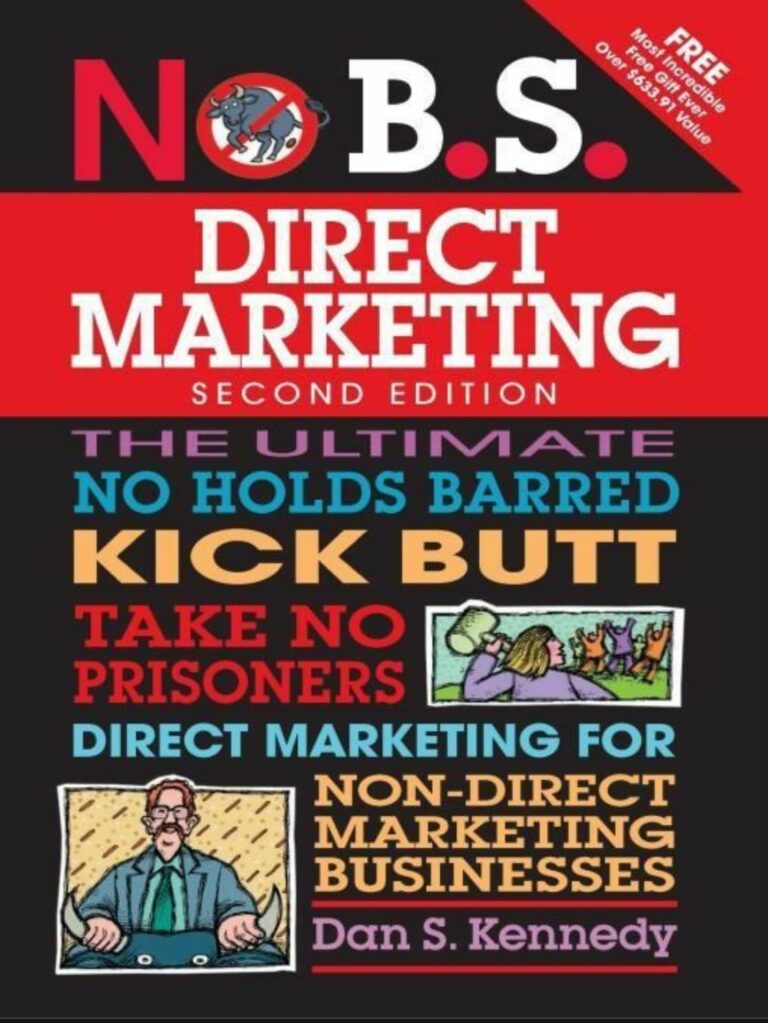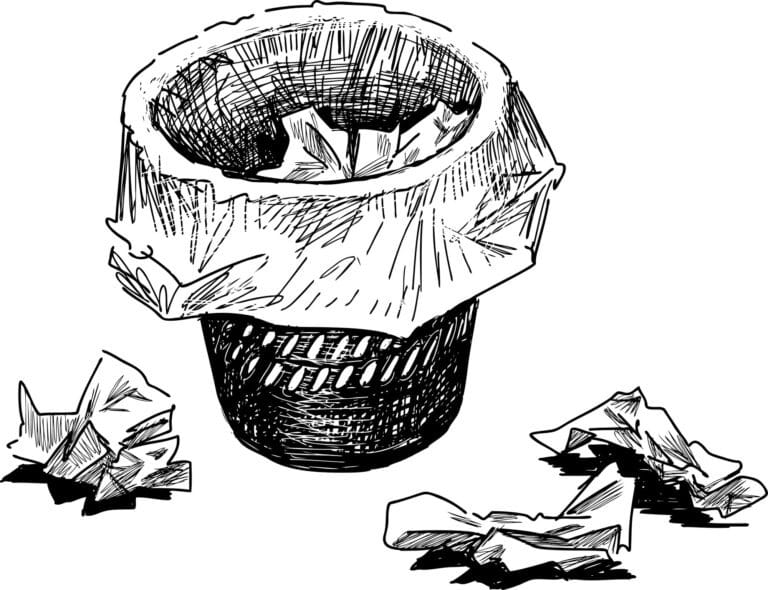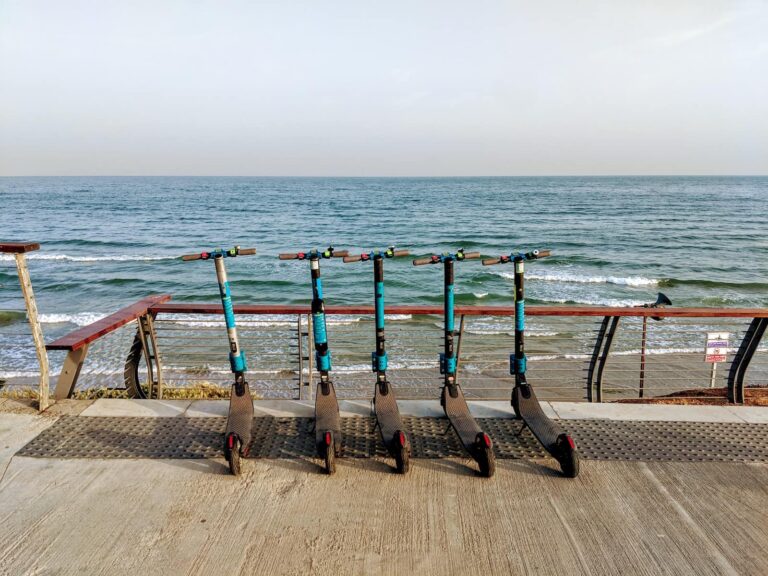Is Owning a Website “Passive Income? Three reasons why not
This post is part of my series on digital investment. See here for an overview.
One way in which many website marketplaces pitch the benefits of owning a website is that it’s a “lifestyle business”.
A lifestyle business is one that works around your lifestyle, whatever that is. If your lifestyle is raising kids, playing with dogs, or racing sports cars, then a lifestyle business works with that. (If your lifestyle is hanging out in an office tower for 8 hours a day, then I have good news for you!)
But many people mis-translate a “lifestyle business” into “passive income”, i.e. income that sneaks into your bank account without lifting a finger. Is there such a thing? Maybe if you have millions in assets and can earn a steady 5% off them… but I have bad news for you — a website isn’t it.
Overview — Is Owning a Website Passive Income?
Actually, “passive income” is one of those terms that has somewhat gone out of fashion. Even Pat Flynn of Smart Passive Income kind of distances himself from it, emphasising the “smart”, and acknowledging that any business takes a lot of hard work before people can sit back and reap the benefits.
But addressing the question of whether owning a website is “passive income” is important. It somewhat depends on the type of website — but by and large:
NO, owning and managing a website is NOT passive income, for the following three reasons:
- You have to continually invest in the website. Most websites require continual investment — new content, updated content, and technical maintenance — to maintain their position (even in an un-changing competitive environment),
- You have to keep competing. The online business industry is very competitive — even if you’re doing what you need to do to stay afloat, someone will try and sink you, and
- Your entire industry may change under your feet. The industry itself is changing so often that entire segments rise and fall within the space of a few years.
But in the end, you potentially can make your online business into a passive income stream… but you’ll have to work for it.
1. You have to keep investing in your online business.
It’s a marvellous thing when advertising and affiliate income lands in your bank account from your website.
But unless you keep maintaining your website, people stop paying attention.
You have to keep updating articles to a) reflect the latest information and b) update links that are broken or refer to products that are out of stock/don’t exist.
For example, nobody wants to read your review of a phone released ten years ago. If you sell phones online, you have to update your website constantly.
Or if you have a list of the best ten solar panels for RVs, then you better make sure the ones you’re recommending are a) still the best ones, and b) still actually for sale through whoever you’re selling them through.
Finally, sometimes you have to keep updating your website just to keep it looking fresh. Website design trends are fairly stable these days, but even huge companies like Airbnb and Lyft refresh their apps websites every year or two.
Signs of an old website are that
- Some of the site’s visual elements might not work
- The site might not be “secure”
- The design may be outdated
- The links might be broken
- The products might be out of stock
All of these are a turn-off for users, which means they’ll click away. Google will notice your users leave quickly, and it’ll downrank your website.
When you don’t keep investing in your online business, it goes stale in the eyes of consumers AND of Google. You’ll find that fewer people visit your site and buy things from it (or look at the ads).
2. You have to keep competing with other businesses.
Even if you manage to keep your website up to date and looking fresh, you have to be wary of another foe — competition.
Once your niche website in the “leather bags for young professionals” industry starts developing clicks and getting money, competitors will notice and try to steal your traffic.
They’ll set up competing websites and to your horror they may have better design, more products, and more content. Soon, they might outrank you.
In order to stay ahead of the competition you have to keep investing in your website’s content and do online marketing, building backlinks and credibility for your site.
The darkest side of competition is when a competitor tries to cause your ranking to drop through “negative SEO” tactics — like doing things that they know will cause you to look bad in the eyes of Google. It happens!
3. Your entire industry may change.
And finally, even if you keep your website up to date, and even if you stay ahead of your competitors… your industry may fall out from under your feet.
These kinds of things can ruin the party for everyone:
- There might be a macro economic event, like a recession.
- The main affiliate partner (like Amazon) might totally change their commission structure. This has happened a few times in recent history. For example, in the UK, Amazon stopped giving significant commissions for products bought outside the vertical of the product the customer initially clicked on.
- The entire product may go out of fashion, e.g. electric scooters (I’m sure they’ll go out of vogue).
- Your traffic sources may vanish. This is what has been happening with some of our niche websites due to Google’s recent updates (see more about that here).
If you’re not active on your website, you can’t fight off these kinds of changes. You have to stay actively managing it to know that you should diversify your revenue streams or pivot to other industries.
A potential way to make your website into passive income
The only way you can actually make a website into a passive income stream is the way you’d do it with any other (like a cafe, or a mining company) — build a business that runs itself and that requires minimal intervention from the owner.
This means having an editor, a technical team, and writers that all produce content for you. It might cost you $1-200 per article (or much more!) so you should know that you have an ROI on each article published.
When you’re buying a business, an important thing to check for is who has been producing the content, and whether or not those writers/producers are moving along with the asset sale.
If you get to keep the writers/editors/producers, then you’re one more step along the path of building a website into passive income.
But if you buy a cheaper business where you have to do it all yourself, you may have your work cut out for you!







